
The broad range of skills pharmacists possess can improve medication adherence and antipsychotic polypharmacy among patients with mental disorders

The broad range of skills pharmacists possess can improve medication adherence and antipsychotic polypharmacy among patients with mental disorders

Many patients who claim to have penicillin allergies may not actually be allergic to the antibiotic.

A lack of training on pharmacovigilance likely leads pharmacists to underreport adverse drug reactions (ADRs).

Dispensing generic hormonal therapies instead of their brand-name counterparts increases breast cancer patients' life-saving medication adherence by 50%.

The closer obese patients live to a grocery store with a decent selection of healthy foods, the more likely they are to have better diets.
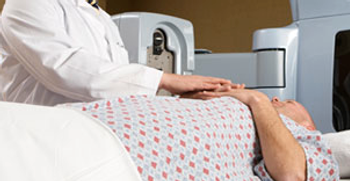
In the pediatric hospital setting, pharmacists most frequently perform drug therapy changes on the cancer ward.

Pharmacists generally demonstrate proper epinephrine auto injector use to anaphylaxis patients.

Roughly half of all patients hospitalized between May 2011 and September 2011 received at least 1 antimicrobial drug.

Company policy changes across regional and national chain pharmacies are needed to expand the use of mobile health care apps among pharmacists.
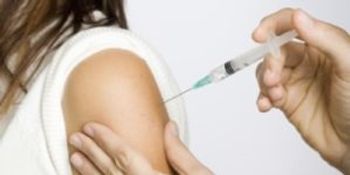
Parents who know about the human papillomavirus are not more likely to get their adolescent daughters vaccinated.
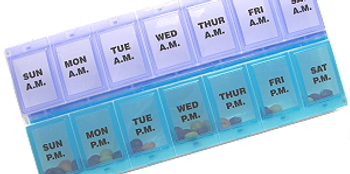
Pill box clinics conducted by pharmacists improve drug adherence among patients with uncontrolled hypertension.

Pharmacist-led drug use evaluation programs improve osteoporosis management in general practice.

Live medication therapy management (MTM) reduces low-density-lipoprotein cholesterol significantly more than standard, chart-review MTM.

ADHD medications are prone to the same abuse, misuse, and diversion as opioids.
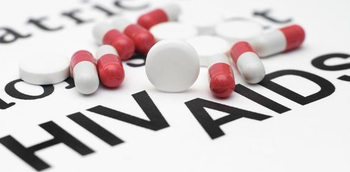
Among HIV-positive patients, concurrent use of medications is associated with nonadherence to antiretroviral therapy.
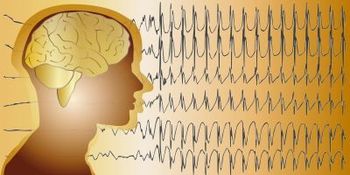
Clinical pharmacists can reduce anti-epileptic drug (AED) prescription errors that commonly result from incomplete or poor documentation.
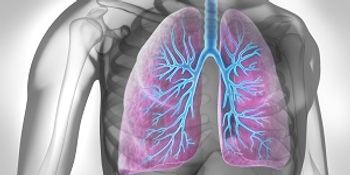
Implementing physician-pharmacist collaborative management methods reduces asthma-related emergency department visits.

Up to one-fifth of adult patients discharged from emergency departments may require antimicrobial prescription revisions.

Involving pharmacists in the intensive care unit reduces adverse events and costs for patients who receive continuous veno-venous hemofiltration.

Given a structured method for medication reconciliation, clinical pharmacists identify more medication discrepancies than nurses.

Pharmacists gauge patients' recognition of medical terms higher than doctors do.

Adolescents exposed to gestational diabetes in utero have a higher risk of developing impaired glucose tolerance.
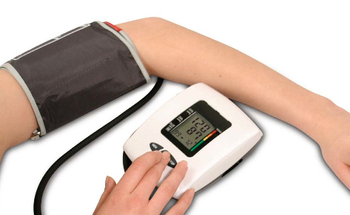
Self-monitoring is an effective method for hypertensive patients who are at risk for cardiovascular comorbidity.

Hospitalization rates for heart disease and stroke have dropped significantly over the past decade.

Study suggests pharmacists are more than qualified to navigate outpatients with HIV through treatment options.

Roughly one-third of teen girls' clinicians and almost half of teen boys' clinicians did not recommend HPV vaccination in 2013.

Fall and injuries in the elderly may be attributed to many popular prescription medications.

A woman taking Parkinson's disease drugs was admitted to a hospital for excessive, unwanted orgasms related to the drug.